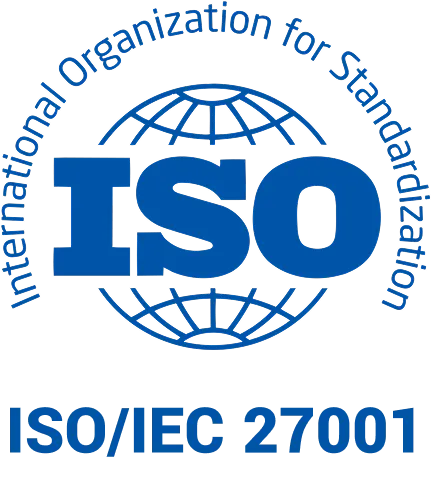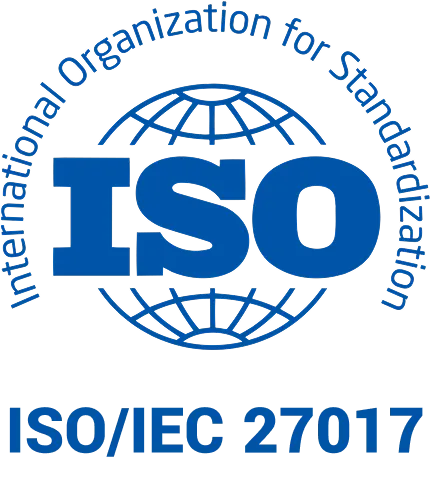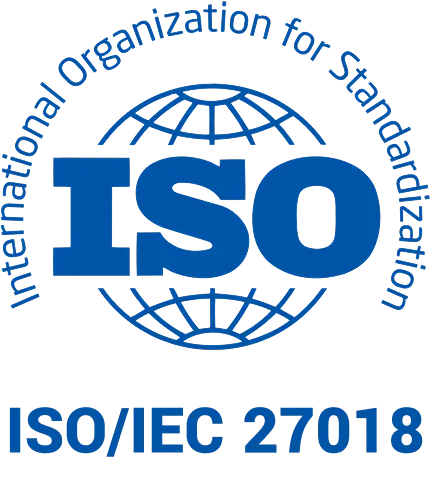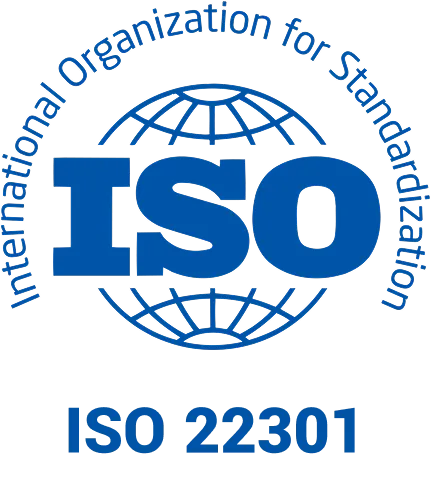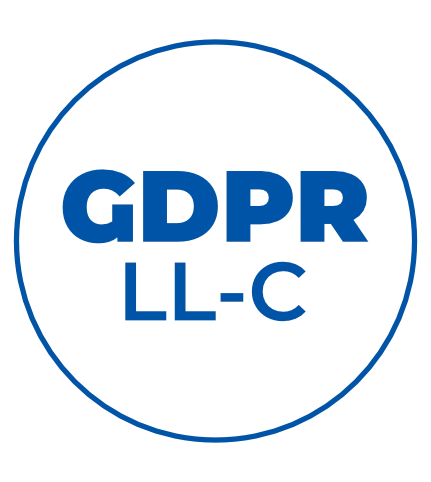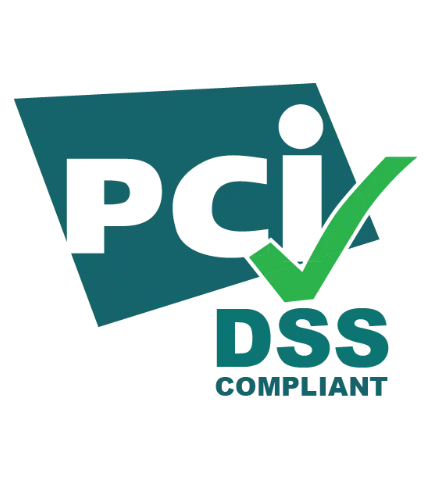
Employee references – what are they and how to write them?
References for an employee are written statements issued by an employer that confirm employment, describe job duties, and evaluate the employee’s skills and attitude. They are an important document in the recruitment process, serving as a reliable source of information about potential candidates for future employers. Strong references can significantly increase an employee's chances of employment, as they provide an objective assessment of their competencies and professionalism, helping recruiters make informed decisions. Therefore, preparing a thorough and honest reference letter is a crucial part of the employment termination process, benefiting both the employee and the employer.
Why are references important for employees?
References for an employee are a key element of the application process, as they significantly enhance the candidate’s credibility. They provide future employers with an objective source of information regarding the employee’s competencies, attitude, and professional achievements, allowing for a better assessment of their suitability for the position. Good references can also distinguish a candidate from other applicants by highlighting their unique skills and commitment in previous roles.
Moreover, references often provide insight into the nature of the work and how the employee handles job responsibilities and challenges. They are especially valuable when a recruiter or future employer is seeking candidates with specific skills or experience in a particular industry. References, or recommendation letters from employers, confirming high work quality and professionalism can be decisive in the recruitment process.
How to write effective references for an employee?
Preparing effective references begins with the proper structure of the document. The letter should be clearly organized and include elements such as the contact details of the issuer, employment dates, the employee’s position, and a brief description of their main duties and responsibilities. It is important that the introduction to the letter is polite and directly introduces the reader to the context of the relationship with the employee.
The content of the reference should include specific examples illustrating the employee’s skills and achievements, particularly those that had a direct impact on the company's success. The description should be objective and focus on verifiable facts. Additionally, include a positive but honest summary evaluating the employee as a valuable team member. The document should be clear, professional, and free of grammatical errors to enhance its credibility.
What should effective employee references include?
Effective references for an employee should detail the skills and competencies that are relevant to their role and industry. The document should include specific information about technical abilities, soft skills, and specialized knowledge acquired during employment. Mentioning specific courses, certifications, or projects the employee participated in further highlights their qualifications and readiness to take on new professional challenges.
Additionally, references should illustrate the employee’s achievements and attitude through examples of specific situations or projects where their contribution was exceptionally valuable. Describing how the employee solved problems, introduced innovations, or collaborated with the team can significantly influence the new employer's hiring decision. Each achievement or example should be presented in a way that clearly shows the results of the employee’s actions and their impact on the company's success.
Common mistakes in writing references
One of the most common mistakes in writing references is providing overly general statements or lacking specific examples that would confirm the employee's competencies. Such a document loses credibility as it does not provide valuable information for evaluating the candidate. To avoid this, focus on specific achievements and real work examples.
Another mistake is a lack of objectivity, which can manifest as overly positive or negative portrayals of the employee. References should be balanced and honest, reflecting the employee's actual skills and experiences. It is also important to maintain appropriate formality and language, which significantly affects how the document is perceived by decision-makers.
How to use ready-made reference templates?
Using ready-made reference templates can simplify and speed up the creation process, especially when an employer needs to issue many documents in a short time. Templates provide a basic structure and format that helps maintain consistency and professionalism. However, there is a risk that overly generalized and non-personalized references may not fully reflect the employee’s unique achievements and qualifications, which can reduce their value to potential employers.
To effectively use a reference template, it is important to adapt it to the specific employee and their work experience. Replace general phrases with specific examples that best illustrate the candidate’s skills and achievements. Personalization should include not only a detailed description of job responsibilities but also individual attributes such as leadership abilities, innovation, or effectiveness in teamwork. This approach increases the authenticity of the references and makes them more convincing to recruiters or future employers.
Well-written employee references are documents that can influence an employee’s professional success, especially when seeking a new job. They provide future employers with valuable information about the candidate’s skills, achievements, and attitude, strengthening their position in the competitive job market. It is important to tailor the content to the individual characteristics and experiences of the employee while maintaining objectivity and professionalism. Following best practices in creating references ensures that each document is credible and effectively supports the employee’s career.






























